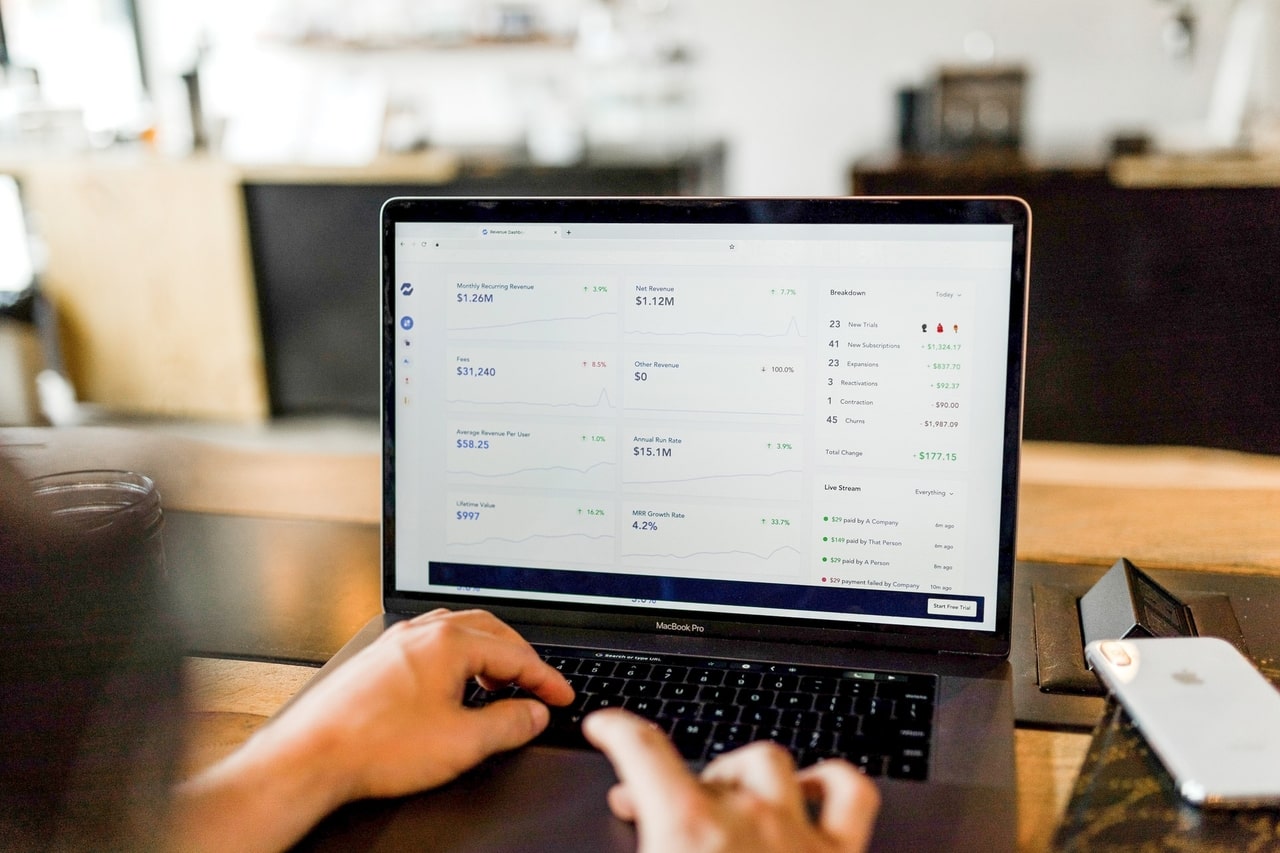3 Things You Should Know About Corporate Bonds In Canada
Do you want to understand what a corporate bond is and how they work in Canada? Read this blog to find out.

Source: Unsplash
The more you learn, the more you are going to earn. Investing is as simple as that, and it entirely depends upon your urge, desire, and longing to make yourself informed about the various investment opportunities available in the market. Corporate bonds are one of the most preferred instruments of investment. Let us have a closer look at this investment option.
1. What Are Corporate Bonds in Canada in Simple Language?
Businesses run on finance. Money fuels the corporate engine and lets the business organizations perform normal business operations with no hiccups. For a survival or a planned expansion, organizations need capital in good numbers.
To leverage and fund the different business projects, proposals, and objectives, business organizations prefer to issue debt securities to the investors.
Corporate bonds come under the ambit of debt securities. Firms issue them to raise money from different investor classes, which involve:
- The small investors
- The high-net-worth individuals (HNIs)
- The venture capitalists, and
- The private equity firms
For all the classes, a corporate bond acts as a fixed-income investment, as it offers regular interest to the investors calculated:
- On the Face value of a bond
- Using a pre-decided coupon rate
These corporate bonds may or may not trade on a stock exchange, as it entirely depends on the way firms have raised these funds.
If a company lists the corporate bonds and actively trade on a stock exchange, they are under an Initial Public Offer (IPO). If a firm issues these bonds privately, they remain unlisted and not traded via a stock exchange.


2. What Are the Major Characteristics or Features of a Corporate Bond?
It is only the learned who can grow his investments. The rest fade away and become a victim of the market manipulators. This statement guides us to put our money into an investment option after building up a comprehensive understanding.
Below are some features of a corporate bond that every Canadian investor must know:
Secured Corporate Bonds
With a mortgage loan where your house acts as collateral and, in case of default, your lender can seize your home and sell it to recover its proceeds, an underlying asset backs a secured corporate bond.
In the event of a default by the bond issuing organization, all the bondholders can exercise possession over the underlying asset and sell it to recover their dues via an appointed liquidator.
If you invest your money in a secured corporate bond, even during the wounding up of the company, you will enjoy priority over the other creditors. You will get paid first out of the insolvency proceeds. (As per Sec 70 of the Bankruptcy and Insolvency Act (BIA))
Unsecured Corporate Bonds
Many investors consider these corporate bonds riskier to invest in as they lack asset backing. There is no underlying asset up for grabs in the event of default. If a company goes bankrupt, there are high chances that you will lose a significant portion of your principal amount along with pending interest.
If you are an unsecured creditor:
- You will come last in the hierarchy of payments and
- Will get your dues after they have paid all the priority creditors.
However, since there is an element of risk of capital, you are bound to get an attractive interest rate on an unsecured corporate bond compared to a secured corporate bond.
Interest Income and Capital Appreciation
These are the two reasons an investor lends money to a corporate firm via corporate bonds. You will get the following benefits after making such an investment:
- You will get periodic interest, which is calculated based on a fixed coupon rate
and
- If your bonds get listed on a stock exchange, and your company is doing well, then there are high chances that the market price of your corporate bonds might surge in value.
The former will help you meet your fixed income goals, while the latter will enable you to take advantage of the price surge and enjoy capital gains.
Default Risk and Rating of a Corporate Bond
The rating that a corporate bond enjoys, and the associated default risk, maintains an inverse relationship with each other. The higher the corporate bond rating, the lesser the chances that a company will default on principal and interest payments.
You can understand this relationship through Fitch Ratings (A rating agency in Canada:
| Rating of a Long-term Debt (usually corporate bonds come under long term debt) | Quality of the Instrument | |
| Investment Grade Long-term debts | AAA | Highest Credit Quality |
| AA | Very High Credit Quality | |
| A | High Credit Quality | |
| BBB | Good Credit Quality | |
| Non-Investment Grade Long-term debts | BB | Speculative |
| B | Highly Speculative | |
| CCC | Substantial Credit Risk | |
| CC | Very High Credit Risk | |
| C | About to Default/ Near Default | |
| RD | Restricted Default | |
| D | Default/ Junk |
3. How Can You Buy a Corporate Bond in Canada?
Two ways you can add corporate bonds to your investment portfolio. These are:
Through Your Broker
If you are into trading, you must have your Demat account with a registered broker. You can either:
- Buy any recent issue of any series of corporate bonds by participating in any ongoing IPO or
- You can purchase the listed corporate bonds from the secondary market
Alternatively, you can also invest in corporate bonds via your Demat account by buying units of:
- Corporate Bond ETF (Exchange Traded Fund)
- Corporate Bond Mutual Fund
These also invest their pool of money in all the corporate bonds having varying ratings and durations.
Directly from The Issuing Organization
If you are not a fan of electronic trading and still rely on physical bond contracts/ certificates, you can buy a corporate bond directly from the issuing organization through your financial broker. However, such corporate bonds will not trade on a stock exchange and:
- You will experience less liquidity
Along with
- Negligible chances of capital appreciation
Corporate Bonds
| Meaning of | Brief Explanation |
| Corporate Bond | It is a debt instrument issued by corporate firms |
| Listed | When listed, corporate bonds trade on a stock exchange |
| Secured | These corporate bonds are backed by an asset |
| Unsecure | These corporate bonds are not backed by an asset |
| Interest | It is calculated at a fixed coupon rate |
| Capital appreciation | This happens when the value of listed corporate bonds surges in value |
| Ratings | It denotes how safe your investment in the bonds is. |
| Mode | You can buy both directly and indirectly |



